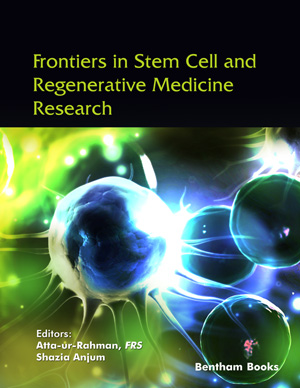Abstract
Background: Mesenchymal stem cells not only possess reparative properties, but also have immunomodulatory effect. Owing to the properties, they have been proposed to be hopeful candidates for cell therapy in the process of organ transplantation. In the preclinical researches, it shows that MSCs is capable of prolonging graft survival and inducing tolerance in some cases. Various mechanisms of immune tolerance were reported before, such as tolerogenic dendritic cells, induction of apoptosis, regulatory T cells, mixed chimerism, soluble factors and anergy. Furthermore, the induction of immune tolerance may be influenced by the dose, route and optimal timing of MSCs administration. Allograft of skin can provisionally restore the function of skin barrier and offer a good environment to expand micro-skin auto-graft; however, at the same time, it can cause strong immune rejection, which leads to the failure of skin graft.
Objective: The review aims at analyzing the mechanisms of immunosuppression mediated by MSCs, and the induction of tolerance of skin graft by MSCs. Conclusion: Mesenchymal stem cells are hopeful candidates for cell therapy in the process of organ transplantation, and can induce immune tolerance of skin graft to some extent.Keywords: Mesenchymal stem cells, immunosuppression, immune tolerance, skin allograft.













